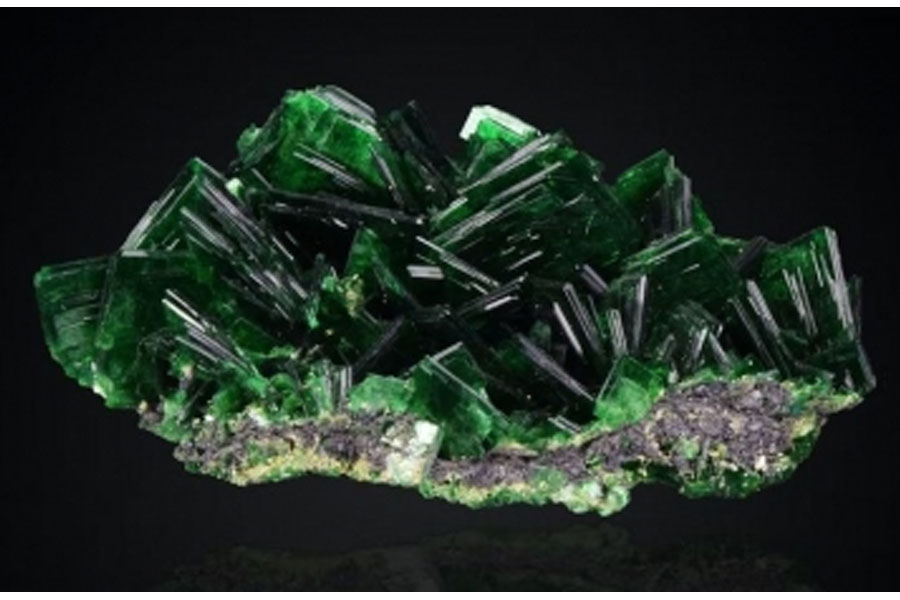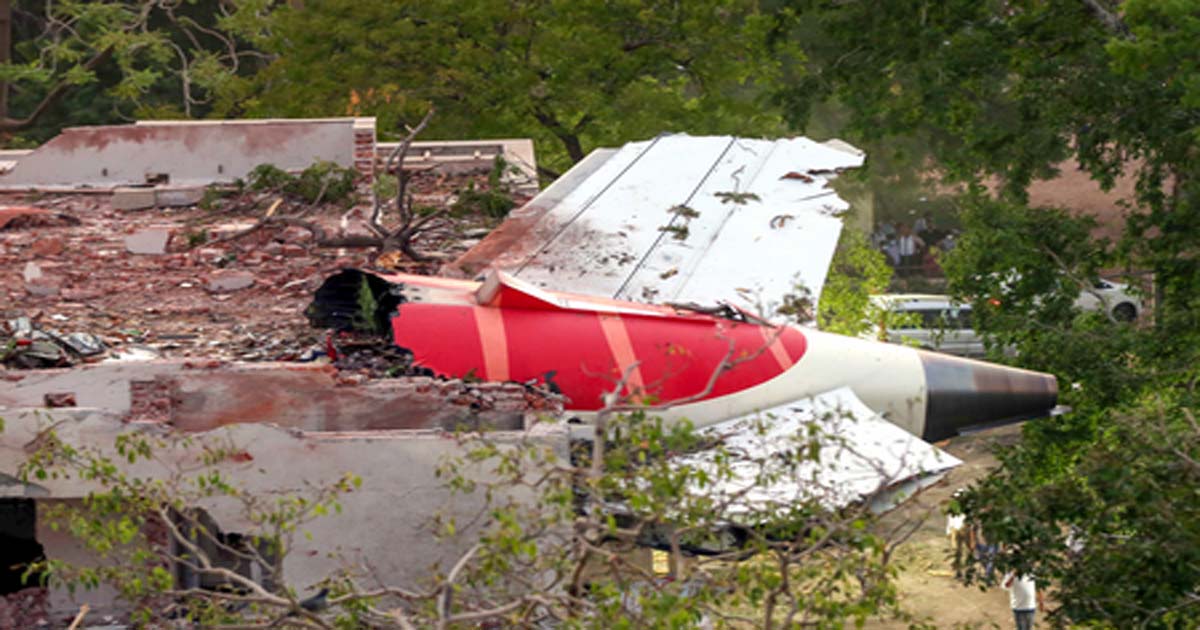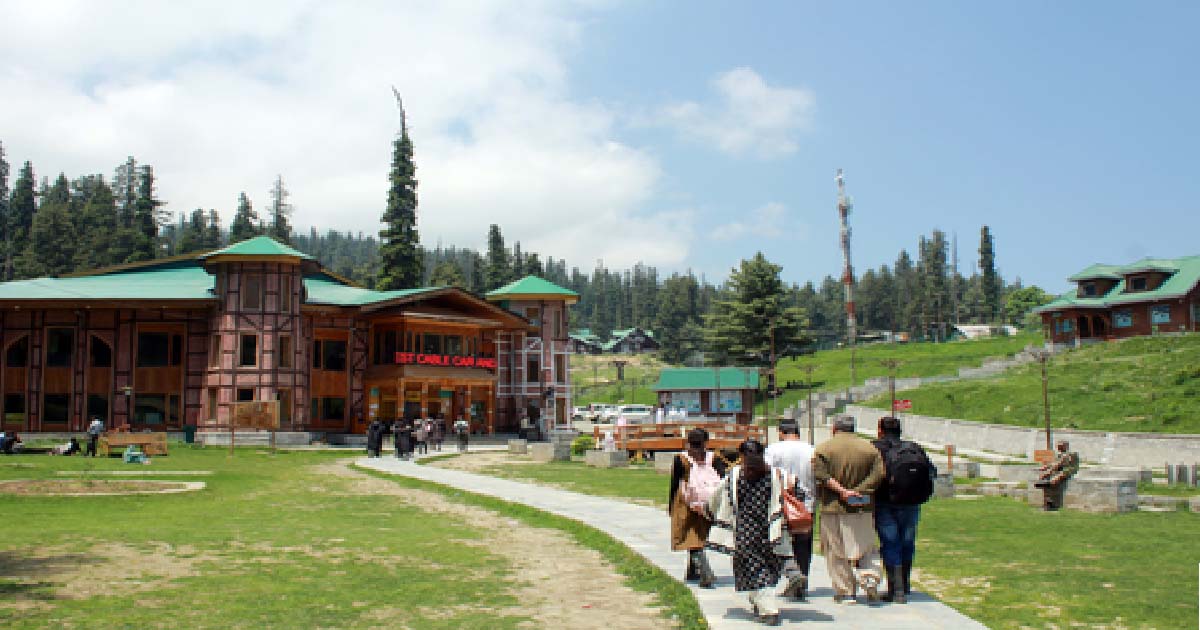National News
15-year study details origins, diversity of every known mineral

A 15-year study led by the Carnegie Institution for Science details the origins and diversity of every known mineral on the Earth, a landmark body of work that will help reconstruct the history of life on the earth, guide the search for new minerals and ore deposits, predict possible characteristics of future life, and aid the search for habitable planets and extraterrestrial life.
In twin papers published by American Mineralogist and sponsored in part by NASA, Carnegie scientists Robert Hazen and Shaunna Morrison detail a novel approach to clustering (lumping) kindred species of minerals together or splitting off new species based on when and how they originated.
Once mineral genesis is factored in, the number of “mineral kinds” — a newly-coined term — totals more than 10,500, a number about 75 per cent greater than the roughly 6,000 mineral species recognized by the International Mineralogical Association (IMA) on the basis of crystal structure and chemical composition alone.
“This work fundamentally changes our view of the diversity of minerals on the planet,” says Hazen, Staff Scientist with the Earth and Planets Laboratory, Carnegie Institution for Science, Washington DC.
“For example, more than 80 per cent of earth’s minerals were mediated by water, which is, therefore, fundamentally important to mineral diversity on this planet. By extension, this explains one of the key reasons why the moon and mercury and even mars have far fewer mineral species than the earth.”
“The work also tells us something very profound about the role of biology,” he adds. “One third of earth’s minerals could not have formed without biology — shells and bones and teeth, or microbes, for example, or the vital indirect role of biology, such as by creating an oxygen-rich atmosphere that led to 2,000 minerals that wouldn’t have formed otherwise.”
“Each mineral specimen has a history. Each tells a story. Each is a time capsule that reveals earth’s past as nothing else can.”
According to the paper, nature created 40 per cent of earth’s mineral species in more than one way — for example, both abiotically and with a helping hand from cells — and in several cases used more than 15 different recipes to produce the same crystal structure and chemical composition.
Of the 5,659 recognized mineral species surveyed by Hazen and colleagues, nine came into being via 15 or more different physical, chemical and/or biological processes — everything from near-instantaneous formation by lightning or meteor strikes, to changes caused by water-rock interactions or transformations at high pressures and temperature spanning hundreds of millions of years.
And, as if to show she has a sense of humour, nature has used 21 different ways over the last 4.5 billion years to create pyrite (aka Fool’s Gold) — the mineral world’s champion of diverse origins.
Pyrite forms at high temperature and low, with and without water, with the help of microbes and in harsh environments where life plays no role whatsoever.
Composed of one part iron to two parts sulfide (FeS2), pyrite is derived and delivered via meteorites, volcanoes, hydrothermal deposits, by pressure between layers of rock, near-surface rock weathering, microbially-precipitated deposits, several mining-associated processes, including coal mine fires, and many other means.
To reach their conclusions, Hazen and Morrison built a database of every known process of formation of every known mineral.
Relying on large, open-access mineral databases, amplified by thousands of primary research articles on the geology of mineral localities around the world, they identified 10,556 different combinations of minerals and modes of formation, detailed in the paper, “On the paragenetic modes of minerals: A mineral evolution perspective.”
National News
241 dead, one survivor as Air India Dreamliner crashes after takeoff from Ahmedabad: Air India

New Delhi, June 13: In what is being described as one of the worst aviation disasters in Indian history, an Air India Boeing 787-8 Dreamliner carrying 242 people crashed shortly after takeoff from Ahmedabad airport.
The aircraft, operating as Flight AI-171 from Ahmedabad to London Gatwick, plunged into a residential complex near BJ Medical College, killing 241 people on board.
The ill-fated flight had 230 passengers, 10 cabin crew, and two pilots. According to officials, only one person, a British national of Indian origin seated in 11A, survived the crash and is currently undergoing treatment at a local hospital.
The aircraft took off from Sardar Vallabhbhai Patel International Airport at 1.38 p.m. (IST) on Thursday before losing control moments later and crashing into a densely populated area, igniting a massive blaze and triggering emergency response teams across the city.
Air India confirmed the accident in an official statement on X: “UPDATE: Air India confirms that flight AI171, operating from Ahmedabad to London Gatwick on 12 June 2025, was involved in an accident. The 12-year-old Boeing 787-8 aircraft departed from Ahmedabad at 1338 hrs, carrying 230 passengers and 12 crew. The aircraft crashed shortly after take-off. We regret to inform that, of the 242 aboard, there are 241 confirmed fatalities. The sole survivor is being treated in a hospital.”
The airline also shared the nationality breakdown of passengers: 169 Indian nationals, 53 British, seven Portuguese, and one Canadian.
“Air India offers its deepest condolences to the families of the deceased. Our efforts now are focused entirely on the needs of all those affected, their families and loved ones. A team of caregivers from Air India is now in Ahmedabad to provide additional support,” the statement added.
The national carrier has pledged full cooperation with authorities investigating the cause of the crash and has established dedicated helplines for families seeking information.
Domestic callers can reach the support team at 1800 5691 444, while international callers are advised to dial +91 8062779200.
Regular updates will be provided through Air India’s official website and its X handle.
National News
Plastic nurdle spill from sunken cargo ship reaches TN’s Dhanushkodi sanctuary, raising alarm

Chennai, June 10: A plastic nurdle spill from the sunken cargo ship MSC ELSA 3 has spread into the newly declared Dhanushkodi Greater Flamingo Sanctuary in Ramanathapuram district, threatening one of India’s most fragile coastal ecosystems.
The MSC ELSA 3, a Liberian-flagged vessel, sank off the Kochi coast a few weeks ago while carrying 640 containers, including 13 with hazardous materials, 12 with calcium carbide, 367 tonnes of furnace oil, and 84 tonnes of diesel.
The ship’s cargo manifest remains undisclosed, fuelling speculation about the full extent of environmental risk.
Dhanushkodi Sanctuary, located within the Gulf of Mannar Biosphere Reserve, supports 128 species of birds — including Greater and Lesser Flamingos — and is home to sea turtles, crustaceans, molluscs, and fish. Its dunes, marshes, and seagrass beds form part of the Central Asian Flyway for migratory birds.
The nurdles — tiny plastic pellets used in industrial manufacturing — resemble fish eggs and can be deadly to marine life. When ingested, they cause internal blockages, starvation, and often death. They also absorb toxins, entering the food chain and posing long-term health hazards.
About 80 bags, each weighing 25 kilograms, have reportedly washed ashore along a 12-km coastal stretch. Affected sites include the Dhanushkodi old church, Irattaithalai, Mugandharayan Chathiram, Gothanda Ramar temple, and Patchappatti village.
Carried by ocean currents from the Thiruvananthapuram-Kanniyakumari coast, the spill now threatens the adjacent Gulf of Mannar Marine National Park, home to vital coral reefs and seagrass beds.
Experts warn these habitats could be smothered by plastic debris, blocking sunlight and disrupting photosynthesis.
Ramanathapuram District Collector Simranjeet Singh Kahlon said, “We’ve identified between 15 and 30 nurdle bags along the coast. A special team has been deployed for cleanup, and additional teams are monitoring for further debris.”
He urged the public not to panic, stating that swift action was underway.
The disaster evokes memories of the 2021 X-Press Pearl incident in Sri Lanka, where 1,680 tonnes of nurdles led to mass marine deaths and crippled fisheries.
Studies showed severe impacts on plankton and larval life forms, threatening entire food chains.
Cleanup efforts in Ramanathapuram face challenges due to the nurdles’ buoyancy and small size, worsened by monsoon waves that break them into microplastics.
With the 61-day annual fishing ban nearing its end, fishermen fear reduced fish catches and consumer hesitancy could harm their livelihoods if the spill worsens.
Environmentalists are calling for urgent intervention, cargo transparency, and long-term containment measures to prevent irreversible damage to one of India’s most critical marine ecosystems.
National News
Eight Punjab and Haryana HC judges take lead to boost Kashmir tourism post Pahalgam terror attack

Srinagar, June 9: To give a boost to Kashmir tourism post Pahalgam terror attack, eight judges of the Punjab and Haryana High Court are visiting the valley along with their families.
The visit of the legal personalities along with their families carries a powerful message for the revival of tourism in Kashmir, which got shattered after the Pahalgam terror attack.
On April 22, Pakistan-backed terrorists of Lashkar-e-Kashmir (LeT) killed 26 civilians, including 25 tourists and a local pony owner.
The pony owner sacrificed his life while trying to protect the tourists from the bullets of the terrorists.
The terror attack caused outrage in the entire country, and to avenge the killings of innocent civilians, the Indian Armed Forces carried out airstrikes against terror infrastructure in Pakistan under Operation Sindoor.
In retaliation for India’s attack on terrorist infrastructure, Pakistan resorted to heavy mortar shelling on civilian facilities in Poonch, Rajouri, Baramulla, Kupwara and Bandipora districts.
Eighteen civilians were killed in Pakistan shelling, 13 of them in Poonch district, in addition to the destruction of scores of homes, shops, a temple, a mosque, a church and a Gurudwara.
The itinerary of the visiting high court judges includes visits to the Mughal Gardens of Nishat and Shalimar, Shikara rides on the Dal Lake, a visit to the historic Pari Mahal and buying a few handicrafts at the local market.
There could be no better omen for the revival of tourism in Kashmir than the decision of the honourable justices of the High Court to come here along with their families.
Coinciding with the visit of these dignitaries, local tour and travel operators and hotel owners are reporting a gradual rise in the tourist bookings that had virtually stopped after the Pahalgam terror attack.
Tour and travel operators and others connected with the tourist industry have expressed hope that the visit by the most respected legal dignitaries, like the high court judges, will restore confidence among visitors, both domestic and foreign, that Kashmir is a safe tourist destination.
-

 Crime3 years ago
Crime3 years agoClass 10 student jumps to death in Jaipur
-

 Maharashtra9 months ago
Maharashtra9 months agoMumbai Local Train Update: Central Railway’s New Timetable Comes Into Effect; Check Full List Of Revised Timings & Stations
-

 Maharashtra9 months ago
Maharashtra9 months agoMumbai To Go Toll-Free Tonight! Maharashtra Govt Announces Complete Toll Waiver For Light Motor Vehicles At All 5 Entry Points Of City
-

 Maharashtra9 months ago
Maharashtra9 months agoFalse photo of Imtiaz Jaleel’s rally, exposing the fooling conspiracy
-

 Crime9 months ago
Crime9 months agoBaba Siddique Murder: Mumbai Police Unable To Get Lawrence Bishnoi Custody Due To Home Ministry Order, Says Report
-

 National News9 months ago
National News9 months agoMinistry of Railways rolls out Special Drive 4.0 with focus on digitisation, cleanliness, inclusiveness and grievance redressal
-

 Maharashtra8 months ago
Maharashtra8 months agoMaharashtra Elections 2024: Mumbai Metro & BEST Services Extended Till Midnight On Voting Day
-

 National News10 months ago
National News10 months agoJ&K: 4 Jawans Killed, 28 Injured After Bus Carrying BSF Personnel For Poll Duty Falls Into Gorge In Budgam; Terrifying Visuals Surface












